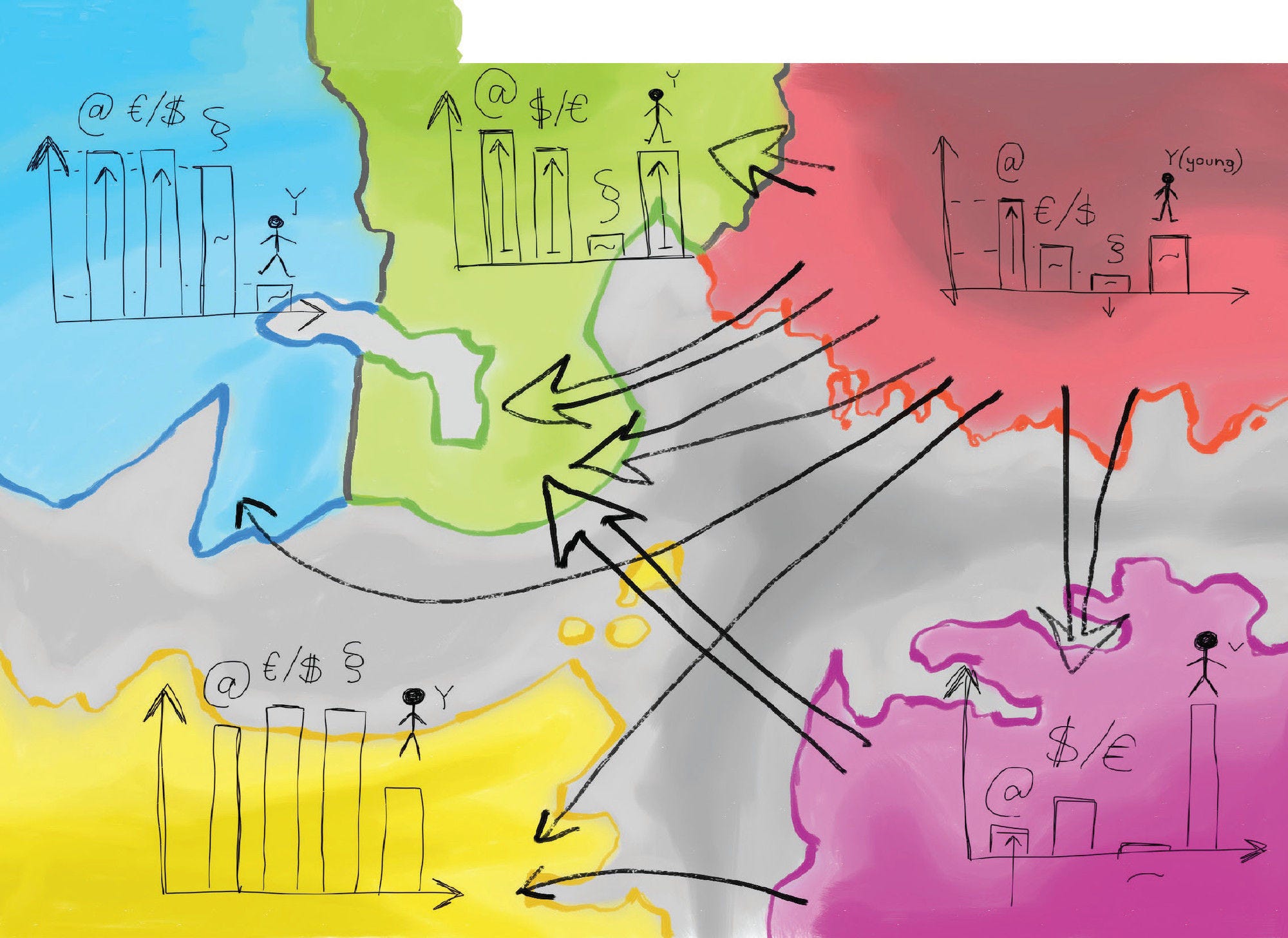The Korean economy is known for its innovation and wealth of intellectual property (IP), having one of the highest patent applications in the world. Its IP-intensive industries are deeply integrated in the global economy through their active participation in global value chains. Such integration, however, exposes Korean IP-intensive products to high counterfeiting and piracy risks. This report examines the global trade in counterfeit products that infringe on Korean intellectual property rights (IPR) and its impact on the Korean economy. Specifically, it estimates the effects in terms of sales and job losses in the Korean manufacturing sector, as well as the impact on government revenues. The report concludes that the infringement of Korean IPR poses a significant threat to the Korean economy. The magnitude and widespread impact of this issue call for the implementation of comprehensive and coordinated solutions.
Illicit Trade and the Korean Economy

Abstract
Executive Summary
Illicit trade in counterfeit goods is a serious threat that continues to grow in scope and magnitude, with multiple impacts on consumers, rights holders and governments. For consumers, counterfeiting poses health and safety risks. It also lowers consumer satisfaction when low-quality fakes are unwittingly purchased. For legitimate intellectual property rights (IPR) holders, counterfeiting means lost sales, lower profits, reduced innovation incentives and longer-term brand erosion. For governments, counterfeiting leads to lower tax revenues and higher unemployment. Governments also face additional expenses in addressing public safety concerns and dealing with anti-counterfeiting legislation.
Korea is one of the most innovative economies in the world. Its innovative ecosystem has been made possible due to significant government support and private investment activities in research and development. The Korean economy is also well-integrated in global value chains, which boosts Korean productivity and competitiveness. However, this high level of innovation and globalisation makes the Korean economy vulnerable as intellectual property (IP) embodied in Korean products has been subject to counterfeiting and theft.
This report examines how trade in counterfeit and pirated goods affects the Korean economy. More specifically, it evaluates the magnitude and impact of global trade in counterfeit goods that infringe the IPR of Korean rights holders. The analysis identifies product categories that are targeted, the main economies of origin of counterfeit goods, and the main trade routes and transit points used. It also assesses the losses due to counterfeiting in terms of forgone sales and profit losses, taxes forgone by the Korean government, and jobs lost in Korea.
The impact of the COVID-19 pandemic on the trade in fake goods infringing Korean companies' IPR is also assessed in this report. It is found that although the pandemic exacerbated existing trends, its impact seems to have been moderate when absolute volumes of counterfeit goods are considered. The key effect of the pandemic has been the proliferation of e-commerce, which has amplified the availability and purchase of counterfeit goods online, demonstrating a discernible shift in consumer behaviour and sales channels.
Key findings
Copy link to Key findingsThe total value of world trade in fake goods that infringed Korean IP amounted to USD 9.7 billion in 2021, equivalent to 1.5% of all Korean exports.
Among goods infringing Korean IPRs, those deriving from information and communication technology (ICT) are the most targeted. Other Korean products commonly faked include fashion items, automotive spare parts, toys and games, and cosmetics.
Counterfeit and pirated goods that infringe the IPR of Korean rights holders come mainly from Hong Kong (China) and The People’s Republic of China.
Korean products enjoy a high reputation amongst consumers. About 41% of fake goods that infringe Korean IP are sold to consumers unaware they are buying counterfeit goods. This share varies among product categories, ranging from 91.8% for toys and games to 26.2% for electrical appliances.
Impact on the Korean economy
Copy link to Impact on the Korean economyIn 2021, the total lost sales of Korean IPR holders due to trade in counterfeit goods amounted to more than USD 6.1 billion. In relative terms, the watches and jewellery sector experienced the highest losses (22% of sector’s sales), followed by the electrical appliances (ICT) sector (13.4% of sector’s sales).
In 2021, job losses due to trade in counterfeit goods totalled more than 13 000, with the highest number of losses in the electrical appliances (ICT) sector.
Lower sales due to counterfeiting result in lower revenues for the Korean Government from corporate income tax, personal income tax and social security contributions. Altogether, trade in counterfeit and pirated goods contributed to a reduction of Korean public revenues estimated at USD 1.5 billion in 2021.
In the same series
Related publications
-
 21 November 2024
21 November 2024 -
30 July 2024
-
 Country note10 July 2024
Country note10 July 2024









